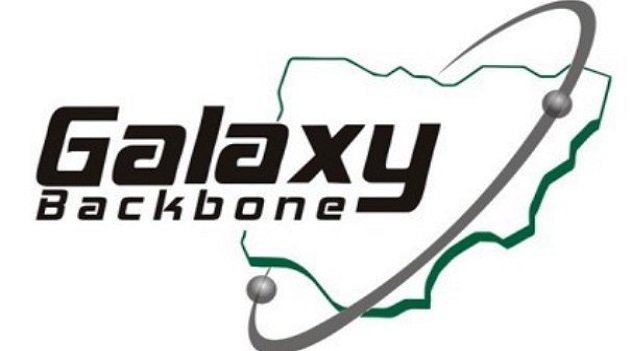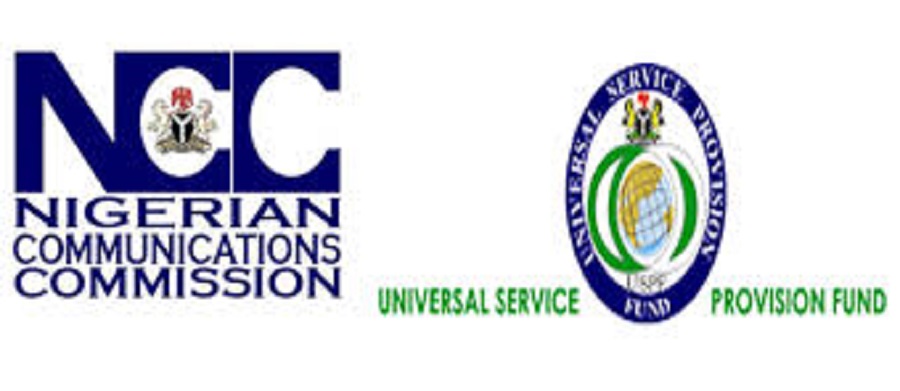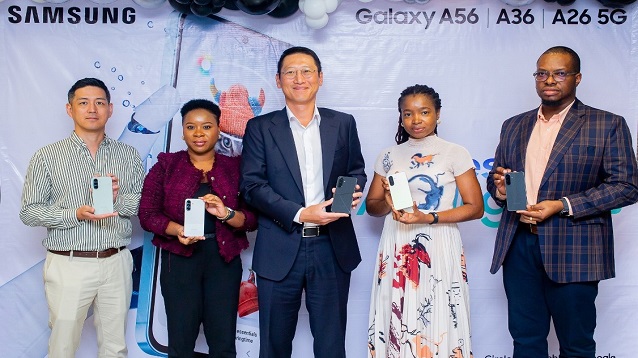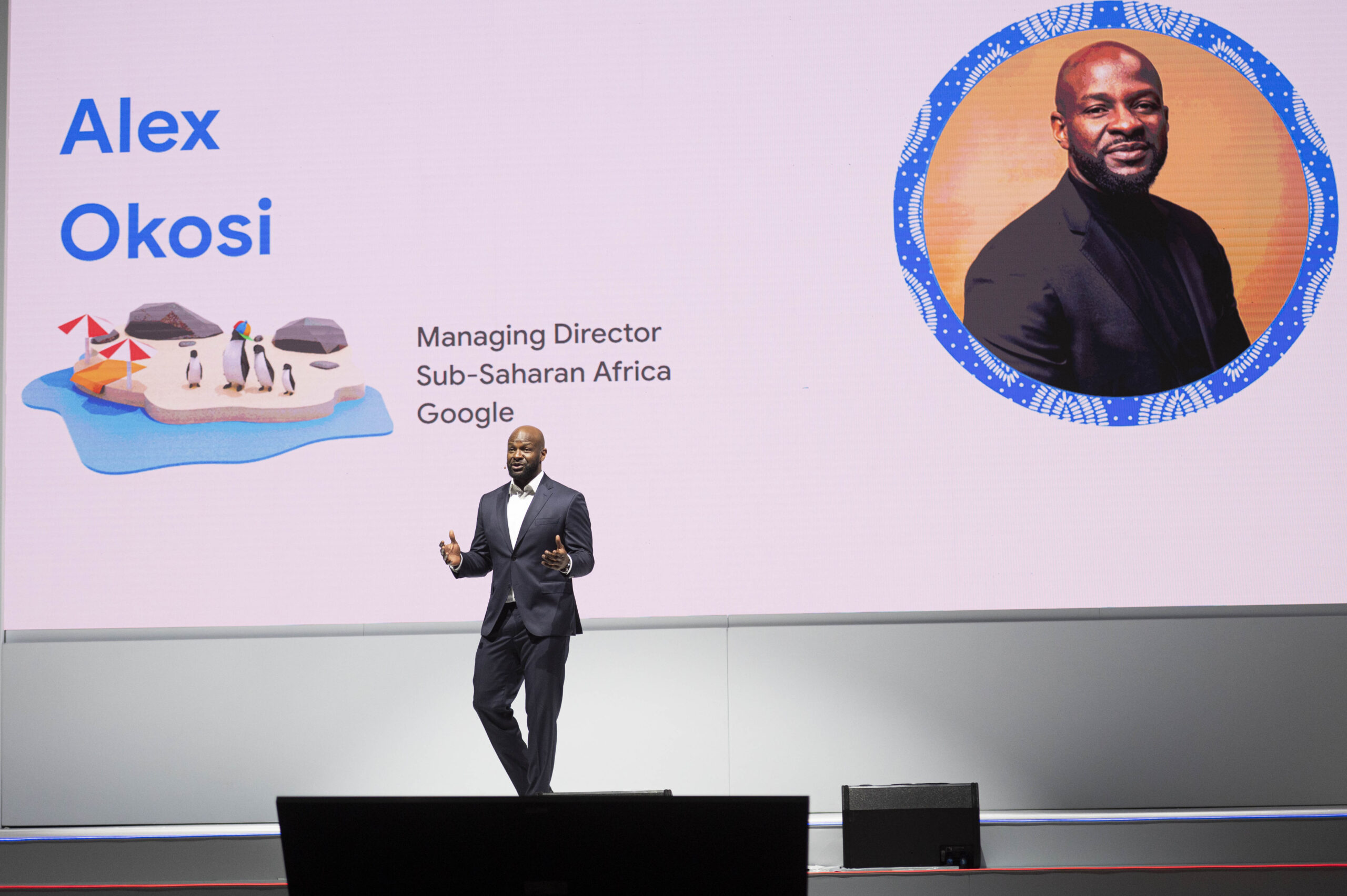Telecom
Galaxy Backbone National Shared Service DC1, PH1, Abuja Achieves Tier III Certification of Constructed Facility

Galaxy Backbone Limited (GBB) has announced that its state-of-the-art National Shared Services Centre Data Center 1 (NSSC DC1), Phase 1, located in Abuja, has been awarded the Uptime Institute Tier III Certification of Constructed Facility.

This globally recognized certification, underscores Galaxy Backbone’s unwavering commitment to delivering exceptional digital infrastructure services that adhere to the highest global standards of availability, resilience, and reliability.
As Nigeria’s foremost digital infrastructure and ICT service provider, Galaxy Backbone remains steadfast in its mission to provide innovative Cloud, Colocation, Connectivity, and Cybersecurity solutions to meet the dynamic needs of organizations in both public and private sectors.
The Tier III Certification is a testament to the company’s dedication to building a world-class digital ecosystem that supports its clients’ evolving demands while maintaining uncompromising operational efficiency.
The Uptime Institute Tier III Certification represents a benchmark for operational excellence and reliability. The certification guarantees an infrastructure built to withstand unexpected disruptions, including natural disasters, cyberattacks, and emergencies.
This ensures uninterrupted business operations for our customers and aligns with our commitment to delivering reliable services that safeguard our clients’ critical data and digital assets.
This achievement adds to Galaxy Backbone’s portfolio of certifications, which already includes ISO 20000(Service Management Systems), ISO 2700l(Information Security Management Systems(ISMS), ISO 9001:2015 (Quality Management), PCI DSS (Payment Card Industry Data Security Standard) and ISO 22301:2019 (Business Continuity Management).
These milestones highlight our unwavering commitment to operational excellence, continuous improvement, maintaining international standards and client satisfaction. With each certification, Galaxy Backbone solidifies its position as a trailblazer in ICT solutions and a key enabler of Nigeria’s digital transformation agenda.
As Galaxy Backbone celebrates this significant milestone in addition to Galaxy Backbone existing Tier-IV Data Center TCCF (Tier-IV Certification of Constructed Facility), we reaffirm our commitment to fostering sustainable partnerships with stakeholders while expanding our fibre-optic network to reach more cities and underserved communities across Nigeria.
This expansion will create a stronger and more inclusive digital ecosystem, empowering organizations of all sizes to achieve their goals with confidence.
Together, we will continue to set new benchmarks in innovation, service delivery, and infrastructure development, positioning Nigeria as a leading player in the global digital economy.
Telecom
USPF to Deploy Transceiver Stations in Rural Nigeria by 2030

Universal Service Provision Fund (USPF) has unveiled plans to deploy 1,000 base transceiver stations (BTS) across rural communities in Nigeria by 2030.

The initiative, in collaboration with development partners, aims to bridge the digital divide and foster socio-economic growth in underserved areas.
Base transceiver stations are essential components of cellular networks, enabling wireless communication between user devices and network infrastructure.
By expanding this infrastructure, the USPF seeks to enhance telecommunications access, supporting vital sectors such as education, healthcare, and commerce.
The move aligns with global efforts to improve rural connectivity, with innovative solutions such as mounting BTS on wind turbines being explored in some regions to ensure cost-effective and widespread network coverage.
With this large-scale deployment, the USPF is reaffirming Nigeria’s commitment to achieving universal ICT access, creating opportunities for millions of people in remote areas to benefit from digital transformation and economic inclusion.
The Universal Service Provision Fund (USPF) is a Nigerian government initiative under the Nigerian Communications Commission (NCC) aimed at bridging the digital divide by expanding telecommunications and ICT services to underserved and unserved areas across the country.
Telecom
Samsung Unleashes AI, Introduces New Galaxy A56 5G, Galaxy A36 5G and Galaxy A26 5G

Samsung has unveiled Galaxy A56 5G, Galaxy A36 5G and Galaxy A26 5G, the latest Galaxy A series smartphones. For the first time, the Galaxy A series is integrating Awesome Intelligence—including Galaxy’s fan-favorite AI-powered features to reimagine creativity — while bringing enhanced durability and longevity, as well as robust security and privacy protections to provide a safe and long-lasting mobile experience.

Awesome Intelligence is the first comprehensive mobile AI exclusively available on Galaxy A56 5G, Galaxy A36 5G and Galaxy A26 5G and brings users powerful, fun and easy-to-use AI tools. Powered by One UI 7, the new Awesome Intelligence features bring amazing search and visual experiences to Galaxy A series users.
“The new Galaxy A series marks an important step in our mission of AI for all, by opening Galaxy’s incredible mobile AI experiences to even more people around the world,” said Tae Sun Lee, CEO Samsung Electronics West Africa. “With these awesome new features and capabilities, we are excited to unlock limitless creativity on the Galaxy A series while ensuring a safe, reliable and fun mobile experience.”
A fan-favorite Google’s enhanced Circle to Search, makes it easier than ever to search and discover from the phone’s screen. Speaking during the unveiling in Lagos, Oge Maduagwu, Head of Marketing, Samsung Electronics West Africa had this to say “With the latest upgrades, users can now get even more done on their phone. Circle to Search will quickly recognize phone numbers, email addresses and URLs on the screen so users can take action with a single tap”.
She added, “With the recent enhancements to Circle to Search, users can also instantly search the songs they hear without switching apps. Whether it’s a song playing on social media from their phone or music that’s playing from speakers near them, just long press the navigation bar to activate Circle to Search, then tap the music button to effortlessly identify the song name and artist”.

The new Galaxy A series also takes the camera experience to a new level with creator-focused tools, starting with a powerful triple-camera system featuring a 50MP main lens on all devices and 10-bit HDR front lens recording on Galaxy A56 5G and Galaxy A36 5G for bright and crisp selfies. Galaxy A56 5G features leading camera technology with a 12MP ultra-wide lens, while the entire Galaxy A series empowers creativity in new and exciting ways through intelligent visual editing.
Exclusively available on Galaxy A56 5G, Best Face makes it easier than ever to capture the perfect group shot by selecting and combining the best expressions or features for up to five people from a motion photo.
Whether someone blinked or looked away, Best Face ensures everyone looks their best in a single, seamless shot. The Galaxy A56 5G also brings enhancements to Nightography, with Low Noise Mode making its way to the 12MP selfie camera and additional wide camera support to capture stunning content in low-light settings.
Stephen Okwara, Head of Product Management, MX Division, Samsung Electronics West Africa, said “Galaxy A56 5G, Galaxy A36 5G and Galaxy A26 5G all bring fine-refined Object Eraser, allowing users to remove unwanted distractions from photos.
“Whether it’s an unexpected passerby or a distracting shadow, users can manually or automatically select objects to erase, achieving a cleaner, more polished final image with just a few taps” He added “With these intelligent tools, users can refine and enhance their photos effortlessly, bringing a new level of creativity to every shot”
With a 5,000mAh battery included throughout the entire lineup, the new Galaxy A series is designed to keep up with users’ daily routines. Galaxy A56 5G and Galaxy A36 5G support 45W charging power and Super Fast Charge 2.0 technology, delivering even faster charging for extended use.
Both models also deliver enhanced performance, as Galaxy A56 5G is powered by the Exynos 1580 chipset and Galaxy A36 5G features the Snapdragon 6 Gen 3 Mobile Platform. A larger vapor chamber in both devices helps sustain performance, ensuring smooth gameplay, video playback, and effortless multitasking.
Now with up to six generations of Android OS and One UI upgrades and six years of security updates, the Galaxy A series reinforces its software longevity even more. These updates add additional support toward optimizing the device’s lifecycle, ensuring users can enjoy a smooth and reliable experience for years to come.
Beyond performance, the new Galaxy A series is built to withstand life’s unpredictable moments. For the first time, Galaxy A26 5G features an IP67 dust and water resistance rating for strong protection against the elements, matching the IP67 rating on Galaxy A36 5G and Galaxy A56 5G. Additionally, an advanced Corning Glass cover material adds a layer of durability against scratches and cracks.
With Samsung Knox Vault, the Galaxy A series provides an extra, fortified layer of device safety, transparency and user choice – ensuring sensitive data always stays protected. Equipped with the latest One UI 7 security and privacy features, Galaxy A series users benefit from holistic protection — including enhancements in Theft Detection, More Security Settings and other features.
Telecom
Google Cloud Launches First African Cloud Region, Driving Digital Transformation

Google Cloud has marked a historic milestone with the launch of its first African cloud region in Johannesburg, South Africa. This initiative is part of Google’s $1 billion investment to accelerate Africa’s digital transformation and foster innovation across the continent.

Operational since January 2024, the Johannesburg cloud region provides African businesses and multinational corporations with access to advanced technologies, including artificial intelligence (AI), machine learning, data analytics, and robust security solutions. These tools empower organizations to enhance efficiency, develop innovative solutions, and unlock new growth opportunities.
The Johannesburg region is a key component of Google’s broader infrastructure investments in Africa. In May 2024, Google announced the Umoja fibre optic cable route connecting Kenya to Australia, complementing the Equiano cable and the Johannesburg cloud region under the Africa Connect initiative. This network aims to improve internet speed, reliability, and affordability, bridging the digital divide and ensuring equitable access to digital resources.
South African President Cyril Ramaphosa hailed the development as a transformative investment, stating, “Google’s growing presence will benefit South Africa and the rest of Africa by enabling firms and entrepreneurs to harness the power of AI, revolutionizing nearly every sector of the economy.”
Thomas Kurian, CEO of Google Cloud, emphasized the company’s commitment to Africa’s digital future, saying, “By bringing cutting-edge cloud and AI technologies closer to local businesses and developers, we aim to accelerate African innovation and drive sustainable growth across the continent.”
The launch event, held at the Gallagher Convention Centre in Johannesburg, featured keynote speeches from industry leaders, including Tara Brady, President of Google Cloud Europe, Middle East, and Africa, and Alex Okosi, Managing Director of Google Sub-Saharan Africa.
Attendees explored Google Cloud’s advanced technologies through business and technical tracks, a partner expo, and customer success stories from organizations like FNB, Moniepoint, and Vodacom.
Google Cloud’s commitment extends beyond infrastructure. Programs such as Cloud OnBoard, Cloud Hero, and Hustle Academy equip learners and businesses with essential skills in AI, machine learning, and digital marketing. Since 2022, Hustle Academy has trained over 15,000 small and medium-sized businesses (SMBs) in Kenya, Nigeria, and South Africa, with the 2025 edition focusing on AI-powered business training.
Additionally, Google Cloud supports Africa’s startup ecosystem through initiatives like the Google for Startups Accelerator Africa.
Over 260 startups across 17 countries have benefited from this program, collectively raising over $600 million in funding and achieving significant growth in employment and revenue.
A 2024 Public First study highlighted Google Cloud’s economic impact, revealing that its tools contributed $16 billion to Sub-Saharan Africa’s economy in 2023.
The study projected that every $1 invested in digital technology in the region would generate over $2 in economic value by 2030.
With its first African cloud region, Google Cloud is not only advancing digital transformation but also empowering businesses and individuals to shape a more connected and innovative future for Africa.

 Telecom3 days ago
Telecom3 days agoFG to Launch $2Bn Fibre Network Project in Q4 2025

 News3 days ago
News3 days agoCourt Orders Oba Otudeko to Respond to Alleged ₦12.3Bn Loan Fraud Charges

 Telecom3 days ago
Telecom3 days agoMTN’s Earnings Hammered by Free Falling Naira in Nigeria

 E-Financial3 days ago
E-Financial3 days agoCentral Bank Defends Naira with $360m in 5-Day

 E-Business3 days ago
E-Business3 days agoFG Partners Cyberpedia to Fight Misinformation with AI

 News3 days ago
News3 days agoTinubu Congratulates Osakwe, Nigerian on Winning UK Top Cyber Security Award

 Telecom2 days ago
Telecom2 days agoATCON Calls for Telecom Policy Improvements in Nigeria

 E-Business2 days ago
E-Business2 days agoGoogle to Buy Cybersecurity Company Wiz for $32Bn
















